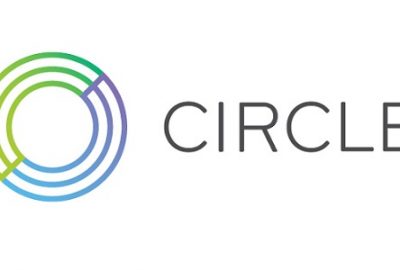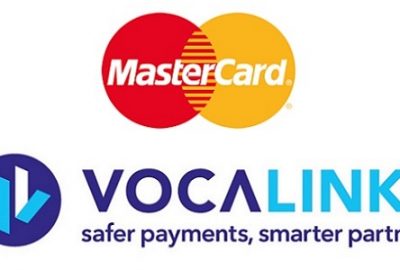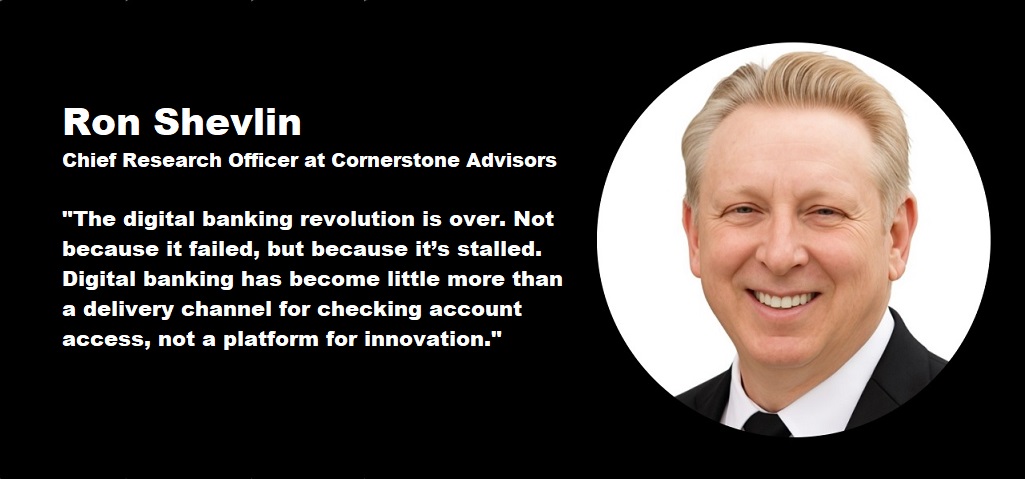Emerging Markets to Drive Global Economy in Huge Consumption Shift
 January 12, 2012 – Consumers in emerging markets will drive value creation and growth in the world’s economy over the coming five years in a major shift in global consumption from West to East, according to a new Insights report by MasterCard Worldwide. Between 2012 and 2016, emerging markets will add an average of US$1.2 trillion of consumer spending to the global economy per year, whereas developed markets will add only around US$700 billion. Transitional markets, the key drivers of Eastern Europe, will add another US$95 billion.
January 12, 2012 – Consumers in emerging markets will drive value creation and growth in the world’s economy over the coming five years in a major shift in global consumption from West to East, according to a new Insights report by MasterCard Worldwide. Between 2012 and 2016, emerging markets will add an average of US$1.2 trillion of consumer spending to the global economy per year, whereas developed markets will add only around US$700 billion. Transitional markets, the key drivers of Eastern Europe, will add another US$95 billion.
The new report – Consumer Spending Outlook and Value Creation in the New Global Economy examines the economic implications for businesses from changes in global consumption, in particular emphasizing the relationship between consumption and value creation in a market economy.
“It is consumer demand that ultimately determines whether businesses, after the investments required to develop their products and services, have succeeded in creating value,” said Dr. Yuwa Hedrick-Wong, global economic advisor, MasterCard Worldwide.
 Between 2008 and 2016 the share in household consumption for developed markets will drop from 77.4% in 2008 to 58.3% in 2016, with emerging markets’ share increasing from 19.5% in 2008 to 38.7% in 2016, with the share for transitional markets remaining unchanged. Collectively these three market groups account for the lion’s share of growth of global consumer spending.
Between 2008 and 2016 the share in household consumption for developed markets will drop from 77.4% in 2008 to 58.3% in 2016, with emerging markets’ share increasing from 19.5% in 2008 to 38.7% in 2016, with the share for transitional markets remaining unchanged. Collectively these three market groups account for the lion’s share of growth of global consumer spending.
The report finds between 2000 and 2008 developed markets accounted for 88.2% of the global growth in discretionary spending, while emerging markets accounted for only 9.2%, followed by transitional markets with 2.6%.
In the coming five years the shares of growth in discretionary spending between developed and emerging markets will be about equal (49.0% versus 47.8%) and it is this shift that will strongly impact businesses.
“This is a significant milestone, very possibly the first time in history when consumers in emerging markets drive value creation in equal measure with consumers in the developed markets,” said Dr. Hedrick-Wong.
According to the report the size of household consumption in emerging markets will be around two-thirds of that of developed markets by 2016, up from one quarter in 2008.
The size of “active consumers”, defined as those aged 15 to 65, are expected to continue to rise in the coming years in emerging markets, the report says, whereas they are projected to remain unchanged in developed markets. As such, the business implications of the youth consumer segment will become vital in terms of leveraging technology trends, engaging information and marketing channels.
Dariusz Mazurkiewicz – CEO at BLIK Polish Payment Standard
Banking 4.0 – „how was the experience for you”
„To be honest I think that Sinaia, your conference, is much better then Davos.”
Many more interesting quotes in the video below:










